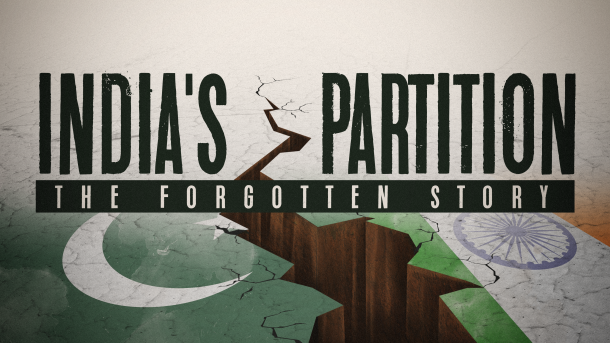The Truth We Must Remember This Independence Day
Every year on August 15, the tricolour rises, the anthem echoes, and we celebrate the dawn of our nation’s freedom. We remember the struggles of our freedom fighters, the dream of self-rule, and the end of nearly two centuries of colonial subjugation. But there is another side to 1947, a truth soaked in blood, that has been quietly pushed to the margins of history.
While the world mourns Hiroshima and Nagasaki (2.14 lakh dead) and the Holocaust (60 lakh Jews murdered), our own land witnessed a tragedy that, in sheer brutality and scale, was no less than these infamous events. The Partition of India claimed the lives of at least 20 lakh people and displaced over 1.5 crore, the largest mass migration in recorded human history. And yet, there is no official Memorial Day, no nationwide remembrance, and barely a whisper in our classrooms.
The Horror of Partition
In the summer of 1947, the British hastily drew borders to divide India into two nations: India and Pakistan. What followed was chaos, terror, and one of the most violent upheavals in human history.
Mass Killings: Villages were wiped out overnight. Entire trains arrived at stations filled only with corpses. Rivers carried bodies for miles.
Targeted Atrocities: Women were raped, abducted, and mutilated. Children were slaughtered. Homes that had stood for generations were burned to the ground.
Forced Migrations: Families that had lived together for centuries, Hindus, Sikhs, and Muslims were forced apart, never to see each other again.
The numbers tell a horrifying story: 20 lakh dead, possibly far more, and 1.5 crore people torn from their roots. In many cases, there were no survivors even to record the deaths.
The Silence That Followed
Why is this chapter so absent from our public consciousness?
The Holocaust is remembered with museums and memorials across the world. Hiroshima and Nagasaki have dedicated days of remembrance and global peace appeals. But the Partition?
- No official day of mourning.
- No large-scale memorials.
- Barely a paragraph in history textbooks.
The political leadership of the time may have chosen silence to avoid reopening wounds. Some may have sought to protect their legacies. Others perhaps feared that truth-telling would threaten fragile unity. But in burying the truth, they buried the memory of millions of our own people.
Why This Matters Today?
We cannot change the past, but we can, and must, learn from it. The Partition stands as a grim warning of what unchecked hatred, divisive politics, and hasty decisions can unleash.
Remembering the Partition is not about deepening divides; it is about understanding the price of division so that it is never paid again. As we raise our flag this Independence Day, we must honour both our freedom and the millions who perished in its shadow.
Independence came at a cost so vast that it defies imagination. The world rightly remembers Hiroshima, Nagasaki, and the Holocaust with solemn memorials, museums, and annual days of mourning. Yet, for some reason, our own tragedy, one that dwarfed many of these events in scale, has been left to fade into the shadows of history.
This silence is not just an injustice to the millions who perished, but also a dangerous erasure of the lessons their suffering could teach us. When we do not acknowledge the full truth of our past, we leave ourselves vulnerable to repeating its mistakes.
The Partition was not merely a political event; it was a humanitarian catastrophe of unimaginable proportions. Twenty lakh dead. One and a half crore uprooted. Generations scarred. Entire communities destroyed. And still, there is no day of remembrance, no national moment of silence, no monument to honour them.
This August 15, let us not raise our flag without bowing our heads to those whose blood and tears watered the soil of our freedom. Let us speak of them openly, teach our children their stories, and ensure they are never forgotten.
If we truly value our independence, then we must value the memory of every life lost to secure it. Because a nation that forgets its holocaust not only dishonours its dead, it risks creating the conditions for another.
Note: You’ve read my article; now it’s your turn to explore further. Research this topic, examine different perspectives, and uncover the truth for yourself. You don’t have to take my words at face value, unless and until you have verified them through your own reasoning, evidence, and experience.





